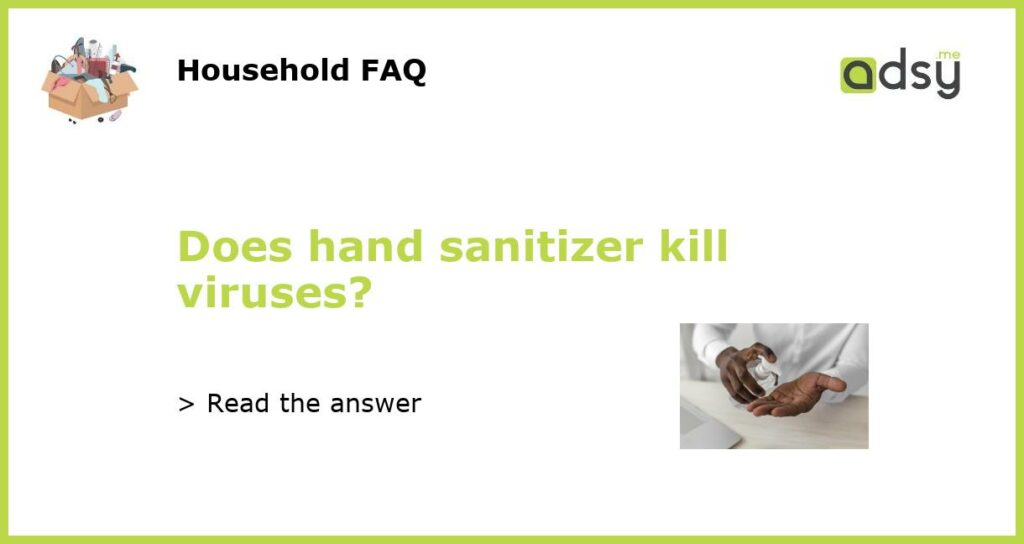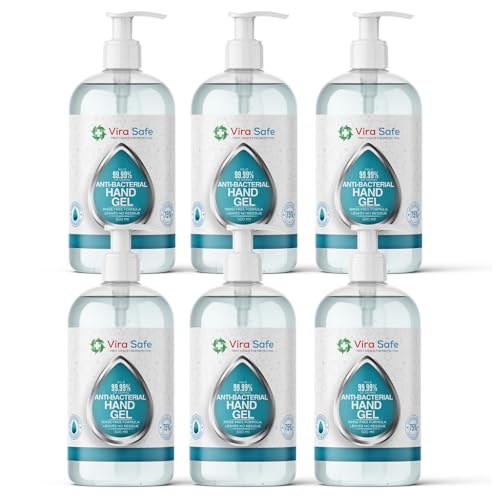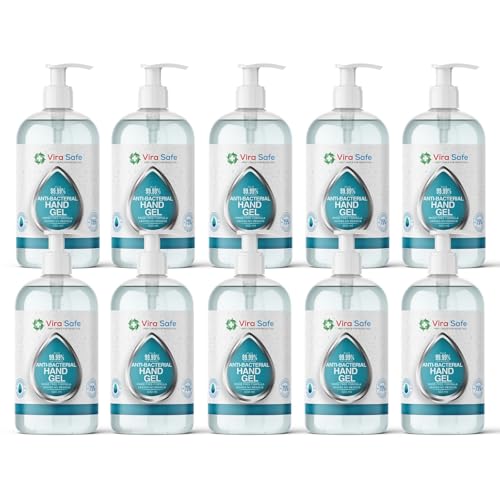How hand sanitizers work to kill germs
Hand sanitizers have become ubiquitous in the era of COVID-19, but how do they actually work? The active ingredient in most hand sanitizers is alcohol, which acts as a disinfectant by denaturing, or breaking apart, the proteins and lipids that make up the outer coating of germs such as viruses and bacteria. Alcohol needs to be present in a concentration of at least 60% to effectively kill germs, and most hand sanitizers on the market contain around 70-80% alcohol.
What types of viruses can hand sanitizer kill?
While alcohol-based hand sanitizers can effectively kill many viruses, including the flu and the common cold, their effectiveness against other viruses may vary. According to the Centers for Disease Control and Prevention (CDC), hand sanitizers with at least 60% alcohol content can effectively inactivate SARS-CoV-2, the virus that causes COVID-19. However, certain viruses, such as the norovirus, may be more resistant to alcohol-based sanitizers and may require additional disinfecting measures.
Can hand sanitizers replace hand washing?
While hand sanitizers can be a convenient and effective way to kill germs on the go, they cannot replace washing your hands with soap and water. Handwashing is still the best way to get rid of germs and prevent the spread of infections, as soap physically removes dirt and microbes from the skin. Hand sanitizers should be used when soap and water are not available or as an extra measure, but they should not be relied upon as the sole means of cleaning your hands.
Are all hand sanitizers safe and effective?
Not all hand sanitizers are created equal, and some may not be as safe or effective as others. The FDA has issued warnings about certain hand sanitizers that contain methanol, a poisonous type of alcohol that can cause serious side effects if absorbed through the skin or ingested. Consumers should also look for hand sanitizers that contain at least 60% alcohol and avoid those that contain less than this amount or are labeled as “FDA-approved” but do not contain a valid FDA registration number.
Hand sanitizer can be effective against viruses, but it’s not foolproof
Hand sanitizer can be an important tool in the fight against germs, but it’s not a silver bullet. To effectively protect against viral infections, it’s important to practice good hand hygiene, including washing your hands regularly with soap and water for at least 20 seconds, avoiding close contact with sick people, and wearing a mask in public. Hand sanitizer can be used when these measures are not possible, but it should be used as part of a comprehensive approach to preventing the spread of diseases.






